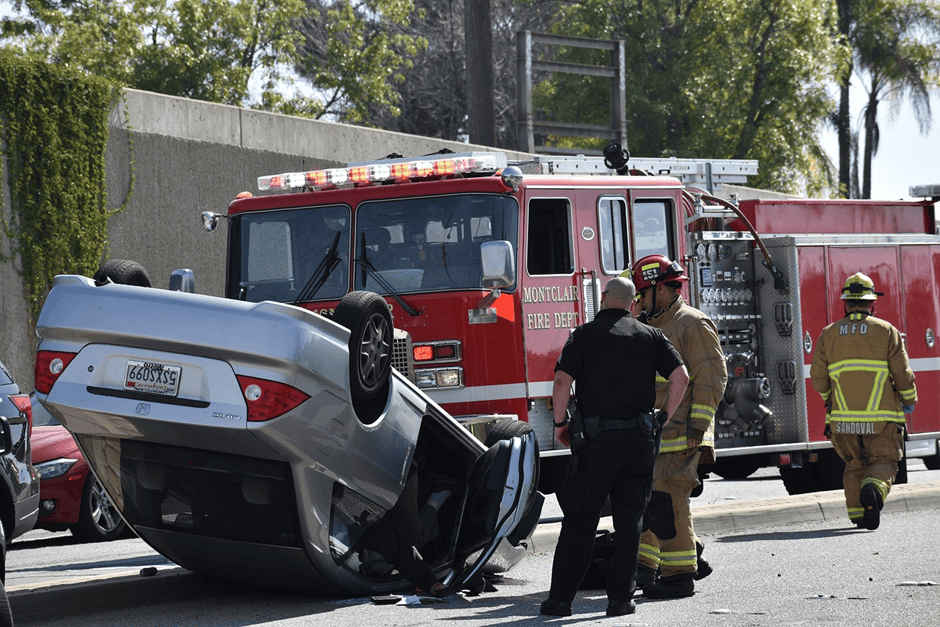
Claiming payment when you are involved in a car accident can be straightforward. However, things can be complicated if the responsible party is a government entity or its employees. These situations require you to understand distinct guidelines to win a fair settlement, so here are some key factors to know before pursuing compensation from an accident caused by the government.
When the Government Could Be Liable
Government agencies are responsible for designing and maintaining road safety. However, errors can occur and make local or state governments liable for personal injury or property damage during accidents. This is especially possible when negligence is involved. But your right to file a claim is governed by state tort claim acts and the Federal Tort Claims Act (FTCA). Common situations where the government may be held responsible include negligent operation of government vehicles and poor road conditions.
Failure to manage construction zones can lead to accidents. For instance, unclear warning signs and the government’s failure to implement safe traffic controls can result in crashes. Malfunctioning traffic lights and improper road design can also create risks, making the government responsible for any accidents. By identifying these risky factors, car accident victims can successfully file a lawsuit against the government. However, it is vital to note that liability may not attach in emergencies.
What Makes Cases Against Government Entities Challenging?
Taking any legal action against the government presents unique challenges and rules, unlike filing a private car claim. Government entities are protected by sovereign immunity, which can complicate the case. The principle originally prevented anyone from suing the government entity without its consent. That means you could only sue the government if it has agreed to be sued. Fortunately, modern laws like the FTCA and state equivalents now waive immunity in certain negligence cases, allowing accident victims to file claims.
Cases against the government also have strict notice and deadline requirements. For instance, you must file a notice of claim within a specific period after the accident. Failure to do so can result in dismissal. Some jurisdictions also impose limits on how much you can recover from a government entity. Working with an experienced Houston car accident lawyer can help you understand these guidelines and increase your chances of winning.
Steps to File a Case Against the Government
Filing a lawsuit against the government entity involves four legal steps that determine the outcome. The process starts with identifying the responsible entity. This can be a local police cruiser, USPS truck, federally maintained road, and state trooper. Once you have identified the liable party, you can issue a notice of claim. The document should include the date and location of the accident, a factual summary, and the amount you seek.
The government has a statutory period to investigate and respond after it has received your claim. The FTCA requires the government agency to respond within six months. On the other hand, state and local timelines can range from 60 to 180 days. The government can also offer a settlement or allow for negotiation if it approves the claim. However, if it denies the claim, you are allowed to proceed and file the lawsuit in the appropriate court. Only remember to stick to strict rules of civil procedure since any mistake can lead to dismissal.
Endnote
Filing an accident claim against the government is possible but more challenging than a standard case. As a victim, you must work with short deadlines and strict procedural requirements. However, with the right lawyer, you can overcome the challenges and receive fair compensation, even from a government entity.